
Let’s get this out of the way: I think I liked The Tension Experience: Ascension.
That’s a strange caveat to start a review with. After all, you might be reading this to help you decide whether or not to plunk down the $125 to take part in this ambitious immersive horror experience that takes place in an undisclosed location in Boyle Heights. “I think I liked it” doesn’t exactly help with that, but our concern here at No Pro isn’t with creating glorified Yelp reviews, but trying to dig into the DNA of an (re)emerging art form. As such, Ascension, makes for a great test subject. There’s a lot to dig into, and what follows is, in some ways, only a first draft.
Ascension is a bit of a Rorschach test: what you find is determined in part by what you take with you. For some that will be a months-long involvement with the prologue to the event, which introduced the mysterious OOA Institute — an organization with shades of Scientology and the occult. Others, like me, will go in with the bare minimum of data.
I could have followed along in the forums and events, or got a low-down from some of the folks I knew who were deeply — maybe too deeply? — involved with the OOA. Instead, despite the fact that I interviewed creator Darren Lynn Bousman weeks before, I chose to try to go in cold. After all, there’s going to be a good number of people who assemble in the parking lot of the show with little more foreknowledge than that it is either “like a haunt” or “like Sleep No More.” (Both sentiments were on hand in my group.)
From a structural standpoint Ascension is a bit more like Then She Fell, in that participants are shunted onto tracks based on a combination of entrance order and choices that they make during the course of the show. There’s a layer of game mechanics woven into the structure of the piece that puts it a little closer to the way The Grand Paradise comes together, but with little of the sandbox that show has. If most immersive theatre pieces are dark rides, my Tension experience was more of a roller coaster. Once I got in it moved, and it never really stopped moving.
Which wasn’t always for the best.
Above all else The Tension Experience is gloriously elaborate. Bousman and company have built an deep mythology around the OOA, and done everything they can to embed that into the walls of the show. On top of that the production as a whole is doing its damnedest to play with a kind of narrative uncertainty principle: is this a show, some kind of fucked up psychological experiment, or an actual cult? Can you really trust the people running this thing? Where you come down on that during the course of the show depends in part on what track you end up on and how well the show is able to get you to suspend your disbelief.
The density, however, winds up working against the show’s themes at points. The roller coaster track that I was on — and I know that others had totally different experiences when it comes to pacing — meant that I had little time to orient myself in the story’s world. Some of this was deliberate, but after comparing notes with others and with Bousman himself after the show it was clear that a few things didn’t quite fire off the way they were supposed to during my descent into mystery.
My arc involved an early encounter with a former actress who had risen to prominence within the organization and now was relying on me to undertake a secret mission for her. In other words, I’d been cast as the hero of a horror movie. It was a trope I was giddy to be given. The only question: could I trust this gal with what was, ostensibly, my life? Was she worth risking everything on?
Midway through the show a choice that I made closed off the answers for that… but as it turns out I was working with less information than the makers intended. I was hustled out of a room early on where a first act puzzle was — apparently — supposed to draw me deeper onto that track. The other bit of data I was supposed to have I wound up finding the next day. It was in an email that had been sent just two minutes before our call time in the show’s parking lot. That email has pretty much everything you need to understand what’s going on in the whole show, a clerical or server error kept it out of my hands.
I’m not angry about that error, although I am curious as to whether or not it would have made me anchor in on the character the way that the story seemed to want me to. That’s the thing about being really present in an immersive: you don’t just do something because the story seems to want to go that way, you do it because you truly feel it. When the time came to make my choice I wavered, but didn’t feel so attached to a particular outcome that I wasn’t willing to comply with the instructions I was being given. Would I have felt differently if I was imprinted on the character? I guess I’ll never know. Even If I were to return there’s no guarantee I’d be able to jump back into the same storyline.
The tricky part of an immersive is teaching the audience how much agency it has without being explicit with those instructions. Ascension errs on the side of what we could call “in-game tutorial,” and as such it could stand to punch up the early minutes of the production to let us know how much we are able to push back. My bet is that those who were active in the alternate reality game which served as a prelude have a better sense of how far they can take things. But that remains a supposition.
The show seems at points to want us to push back, but at the same time doesn’t seem to have a “wash out” track for those who fail to accept the rigors of cult indoctrination. My time behind the scenes implied that there is not, but I’ve heard conflicting reports from others. I know this much: Ascension would benefit greatly from avoiding “Game Over” fail states, but the haunt part of it’s DNA wants to challenge participants to “chicken out” and call the safe word.
Let’s be clear about something before you think I’m hacking this thing apart with a fire axe: these are mostly next level problems that Bousman is running into, and this is his first foray into the form. (Check out our podcast interview to see how dedicated he is to the immersive form.) It’s as different from a walk-through haunted house as a Telltale video game is from a comic book. Still, Ascension is a genre mash-up: it is an immersive theatre show, but it’s had a few organ transplants from haunts and gaming. There’s going to be growing pains as these worlds collide.
Seen through the lens of a haunt there’s a lot of wonderful “what the fuck” to be had. The roller coaster pace, however, meant that I wasn’t connecting with characters as much as I’d like in an immersive, or getting the time to take in the more elaborately rooms and get my escape room on. Which might sound like I think Ascension could stand to be longer, but I actually think the show could stand to be shorter — and for a plank or two be pulled out in order to put more focus on the characters.
Because the thing that Ascension does best is present a creepy cast of characters. The depth of the character actors involved in this piece is breathtaking. Multiple folks well over fifty gave this piece a vibe unlike any other immersive I’ve been inside of. The energy amongst the cast was amazing, and when I got to peek backstage afterwards the cast seemed to be having a ball playing with the audience. The more time we get to spend with the cast, the better, and the scenes in Ascension that let us do just that were the highlights for me.
Ascension helped me codify something about what makes immersives work: they’re really about the cast and the audience making moments together. This is what made me fall in love with the form at Then She Fell all those years ago, and within Ascension there were grace notes that I experienced, and bigger moments that people I’ve talked to since received.
Yet there’s a way in which the show gets in its own way by trying to use more tools than it needs; a layering that often obfuscates elements of the design. Some broad choices — such as a drill sergeant like character meant to shock players awake, manage to only shut some souls down. Bousman says that his purpose is to get people present, but at points it felt like there’s just too much going on to ever really arrive. For every admonition to pay attention, there’s an element of the show that aims to prevent that. Executed well you create the thematic tension, but it’s a high wire act. One false step and it becomes muddled.
My night inside The Tension Experience: Ascension felt like being at the soft opening of the most audacious restaurant in town: all the ingredients there, but they’re not quite transcending the individual dishes. You end up knowing that you’re going to be tracking the chef for a long time, that they are on to something, and you anticipate the moment when it all comes together.
There’s a frustration we all face with the immersive form, particularly in Los Angeles, in that the runs of shows are rarely long enough for the productions to find their true form. Bousman is tweaking the show as it runs, he tells me, adding and taking away things as they go. I feel that the show is so close to nailing it’s objectives — not just for those who walk in heavily invested, but for the merely curious as well — and hopefully will settle into a sweet spot soon. More than one person I talked to afterward expressed interest in seeing how it evolves.
So Who Is This For?
The Tension Experience is definitely not for anyone who can’t handle being blindfolded, manhandled, is squeamish about gooey things, has dealbreaker dietary issues, or can’t handle your basic locker room levels of nudity. (And that’s me trying not to spoil anything, you guys.) The show is very much in the horror genre, although its more about messing with your head than it is about jump scares. Think more David Lynch than Wes Craven, but still with a little of the nightmare maven.
For immersive completionists who aren’t disqualified by anything up above Tension definitely represents a piece to puzzle over. Both for what works and what doesn’t. If nothing else we’re going to be using Ascension as a reference point for a while.
The sweet spot, in terms of audience, are fans of the macabre who are looking for something that reaches into the largely unchartered territory between what we think of as haunts and immersive theatre. If you’ve never been to the later, this is a fine place to start. You will spend a lot of time wondering just what it is you have gotten yourself into, and you might not end up satisfied with (or even knowing) what choices you (could have) made, but you’ll also get to see just how ambitious immersive experiences in LA can get. If you’re an immersive kid who doesn’t do a lot of haunts you might discover that you like this horror stuff more than you thought: I know I did.
My Peek Behind The Scenes
The highlight of my night was, undeniably, getting to run around backstage for a while with Bousman as another group was processed. It was a group that happened to have two folks who I’ve spent a lot of time talking about The Tension Experience during the run up to the show. Both of whom had some involvement with the alternate reality game which acted as a prologue for Ascension.
I cannot begin to describe the glee I had as I got to see them endure some of the same tests that I had been through. In rooms that looked quite different from what my previously blindfolded self had imagined. This experience made me appreciate both what Bousman and his team had created, and what they were getting out of it. That knowledge is addictive in its own right, and I joked to the director that he could see a $300 ticket just to get this view of the show.
The Tension Experience: Ascension is currently booking through October 30th, 2016. Tickets are $125, plus fees.




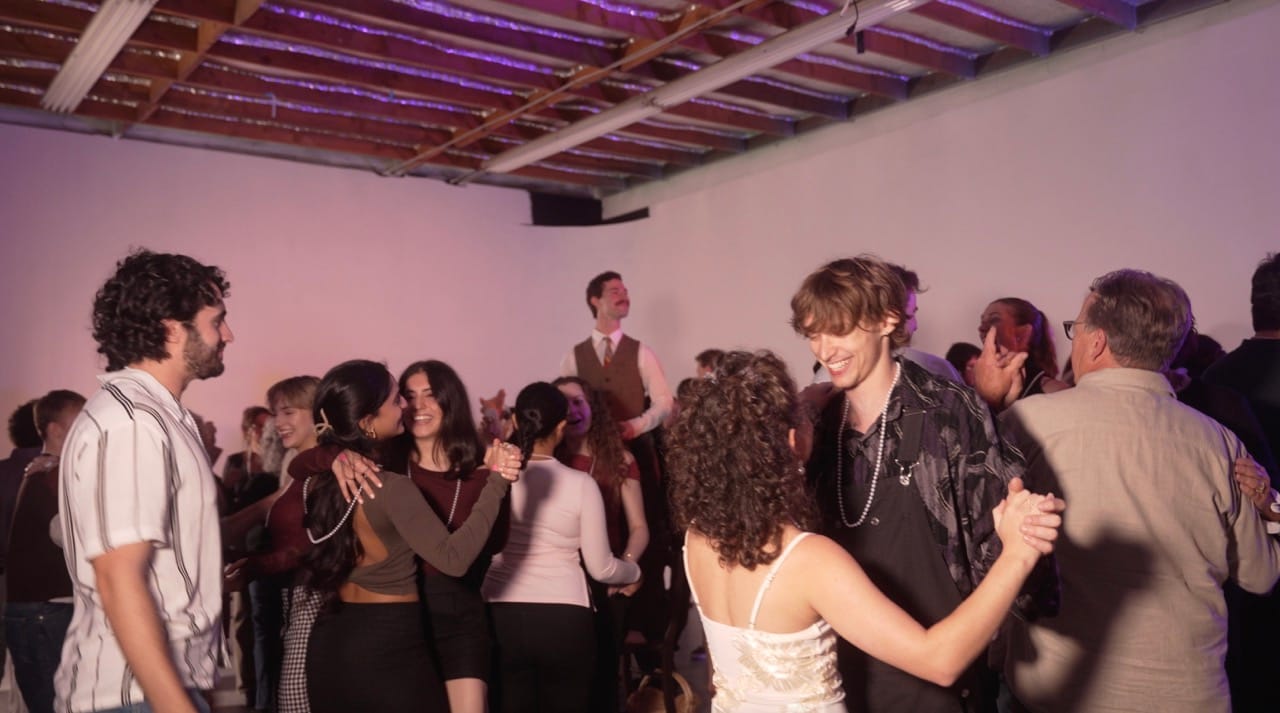
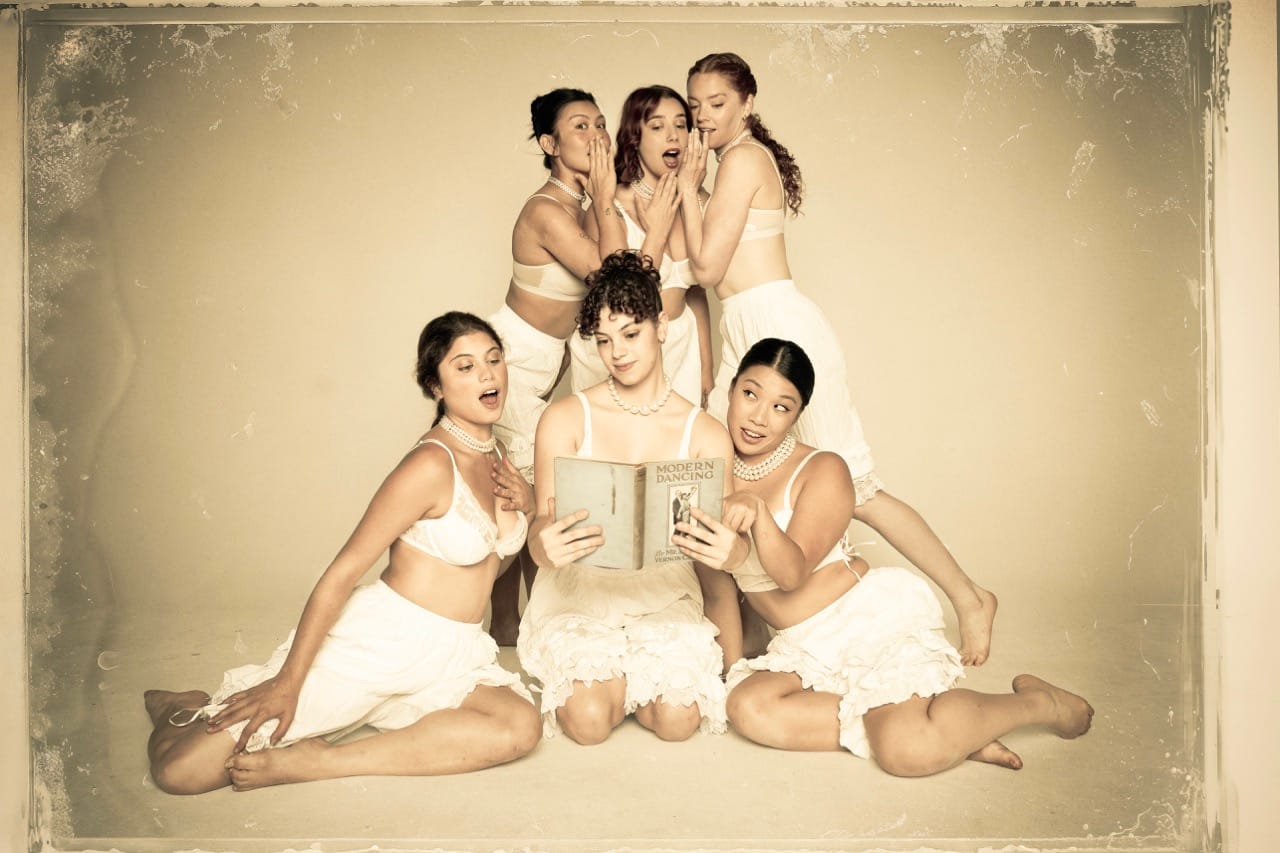
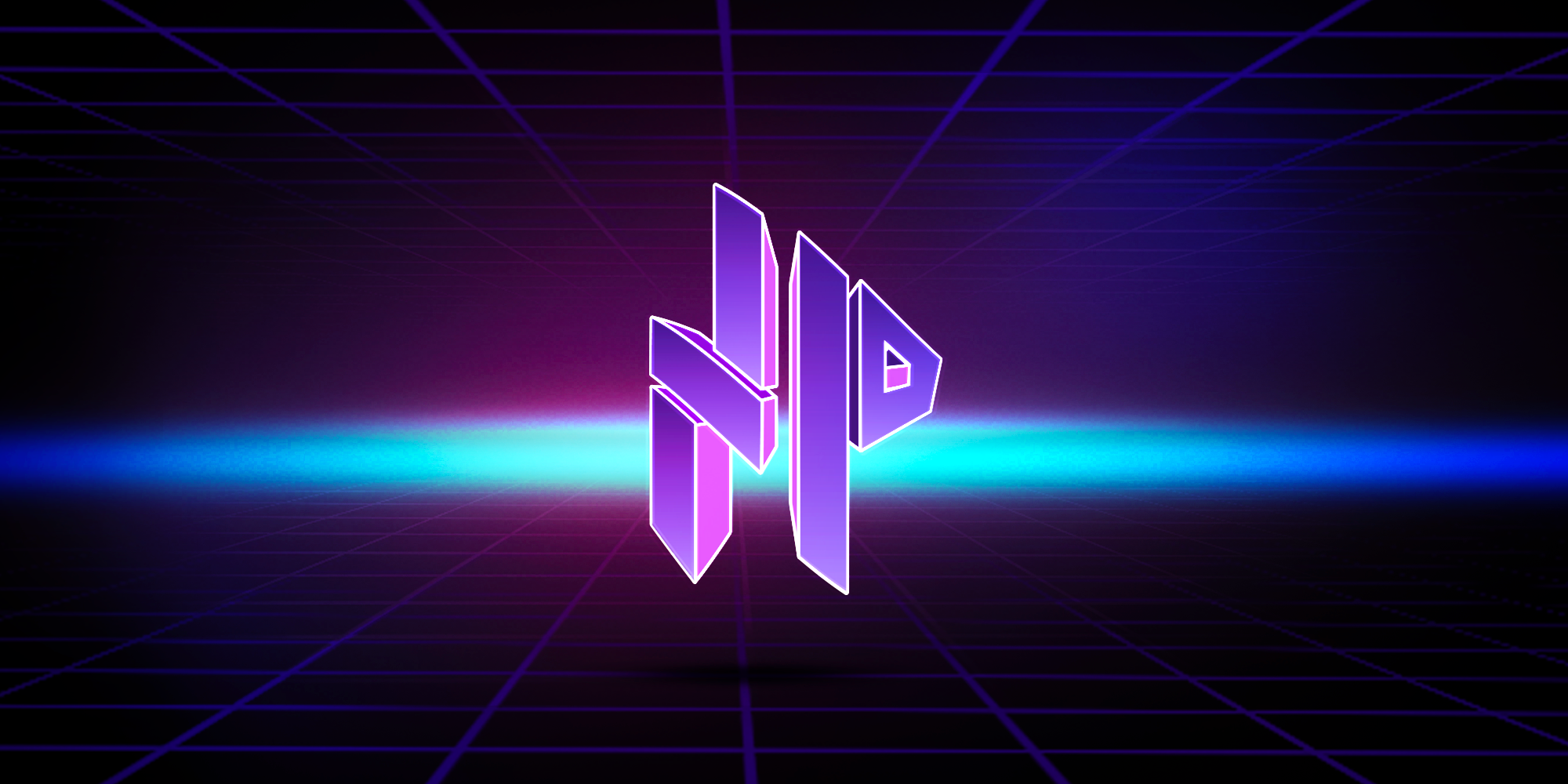
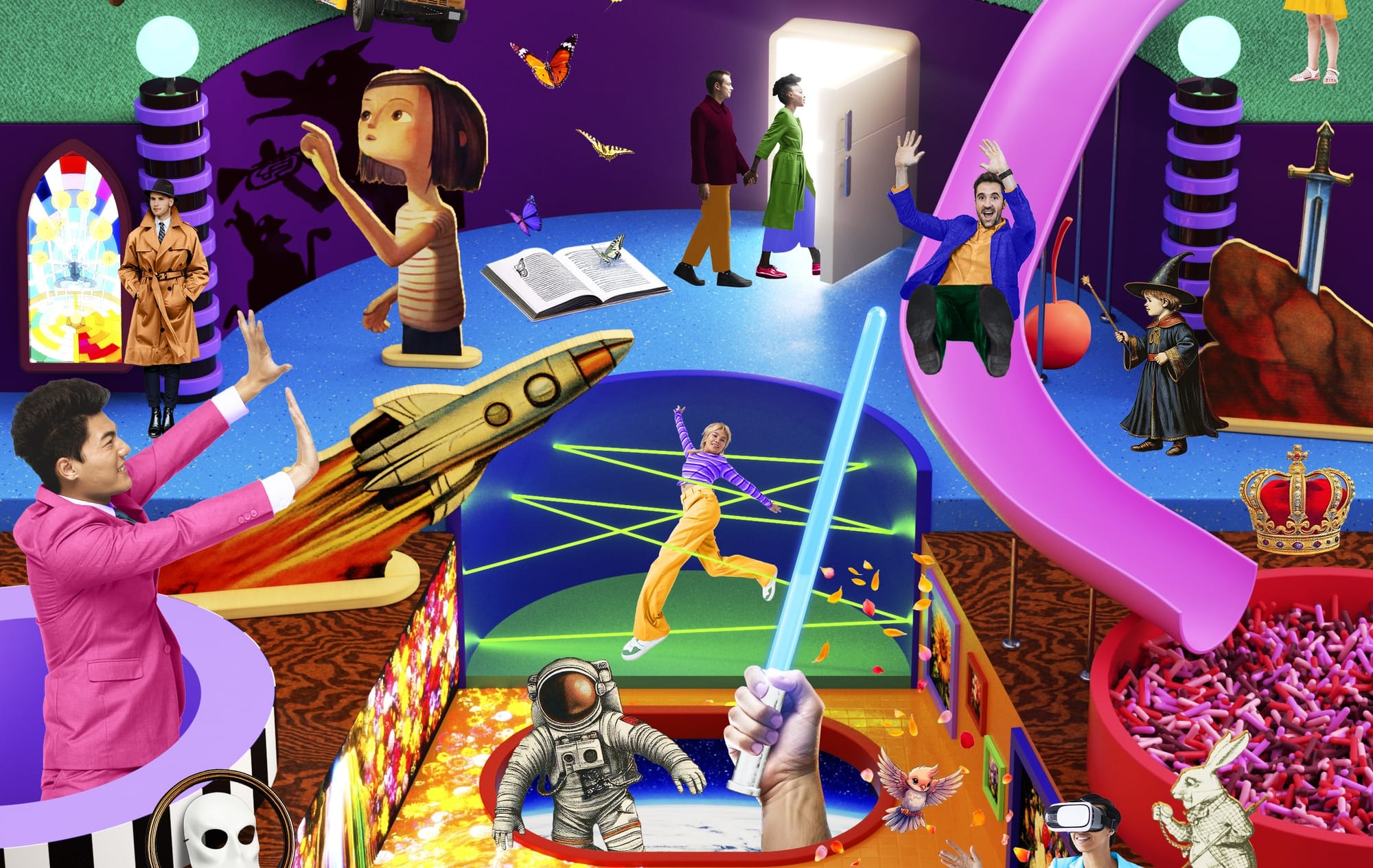
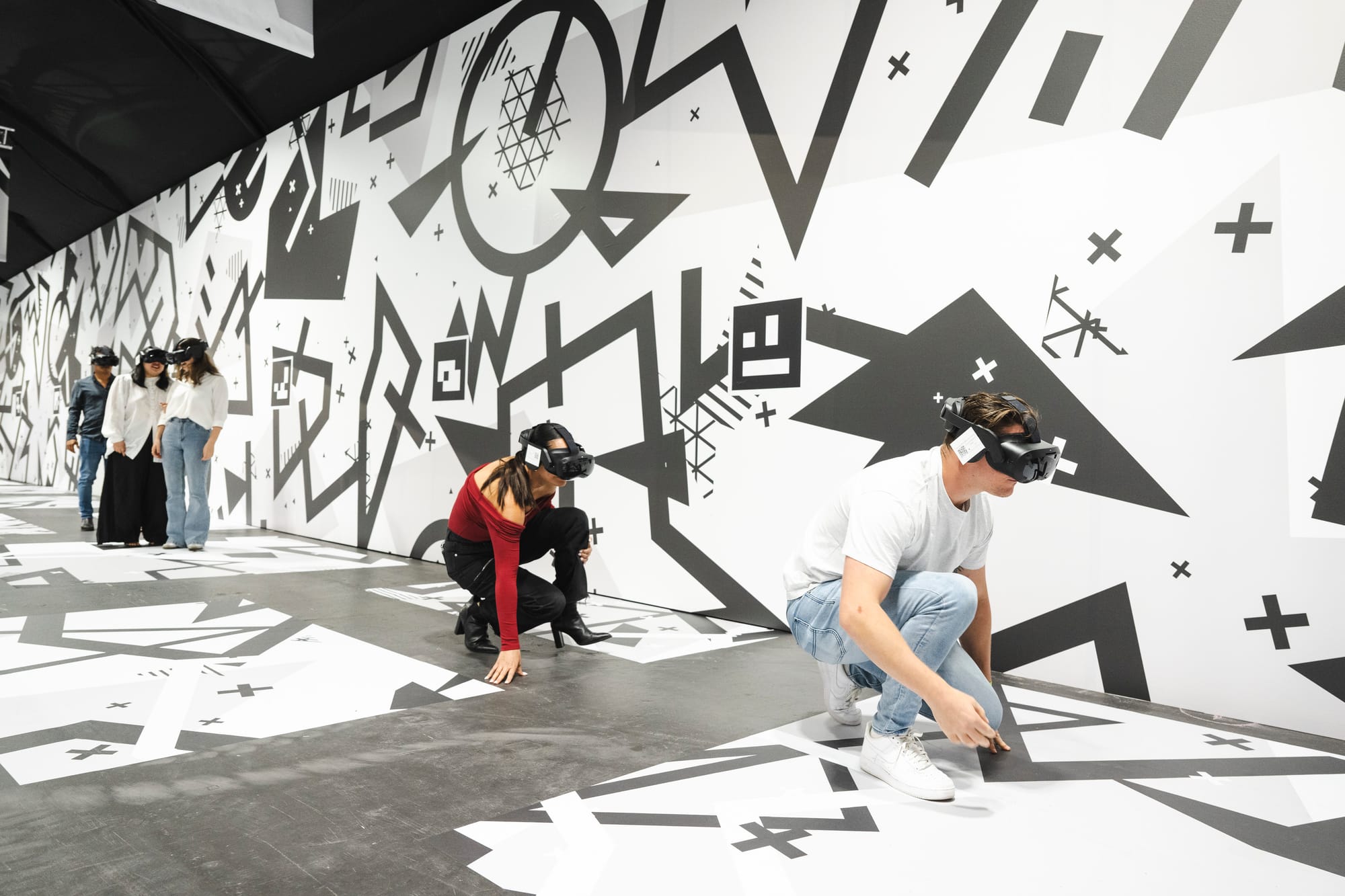

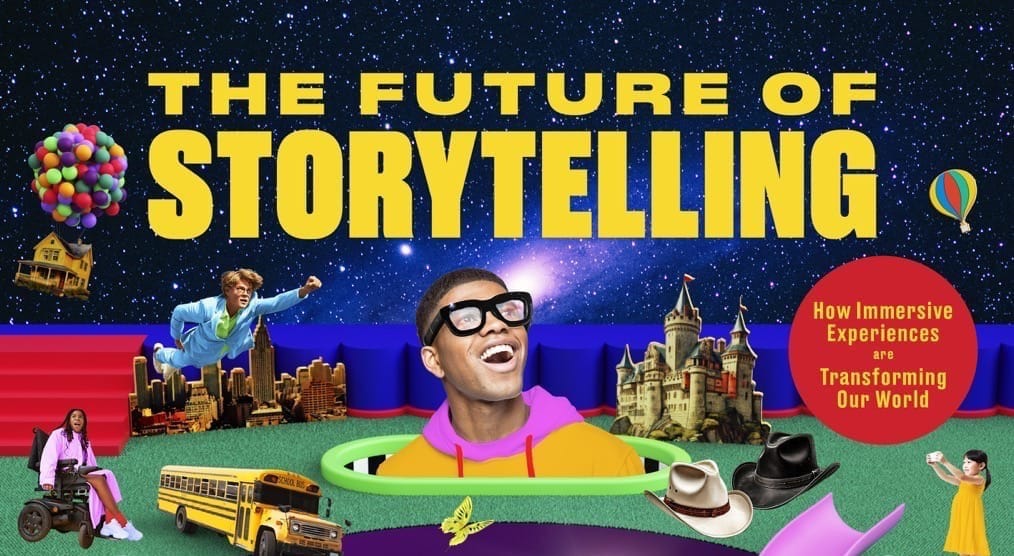

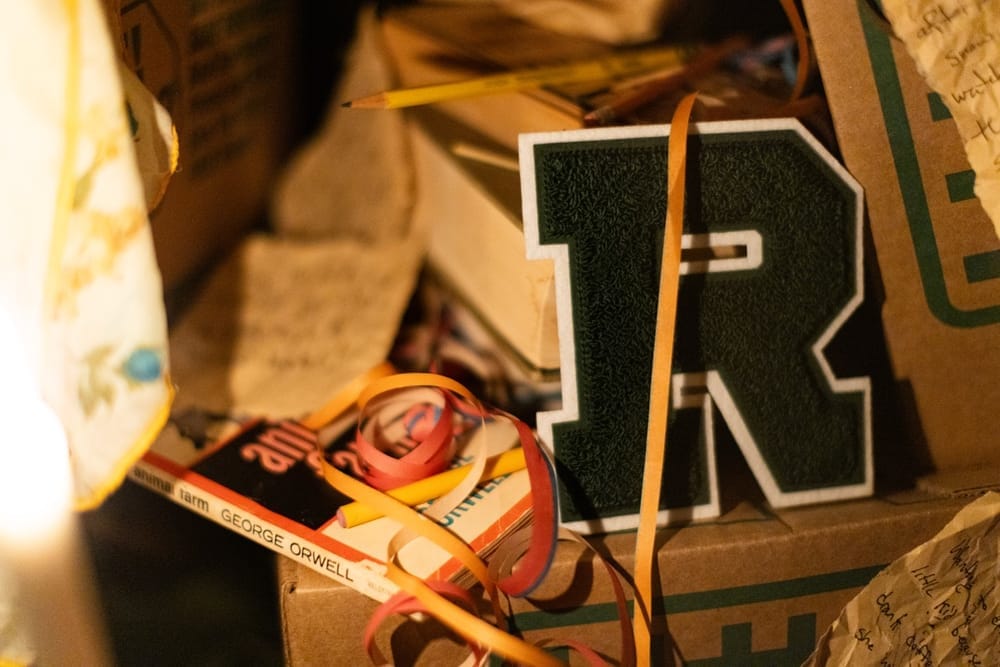


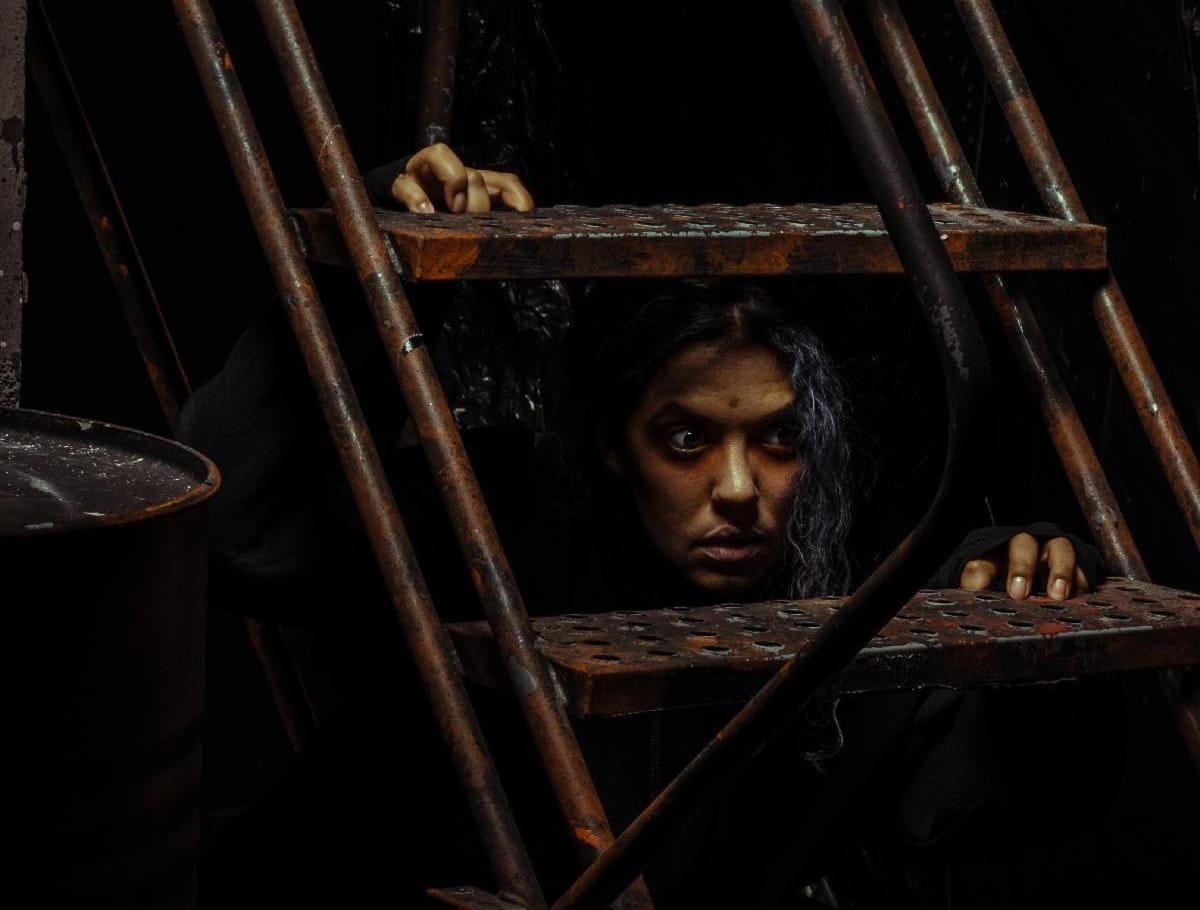
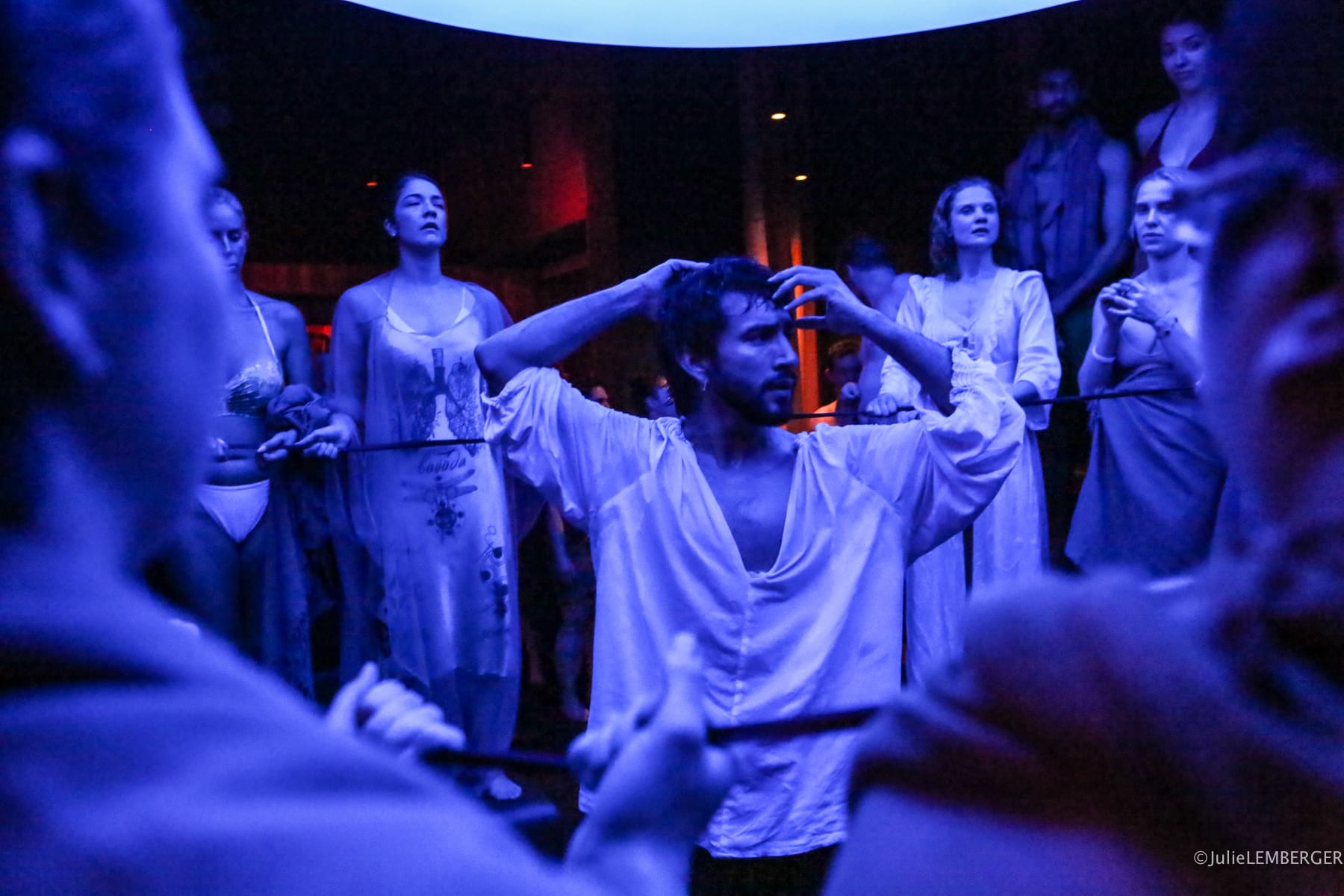
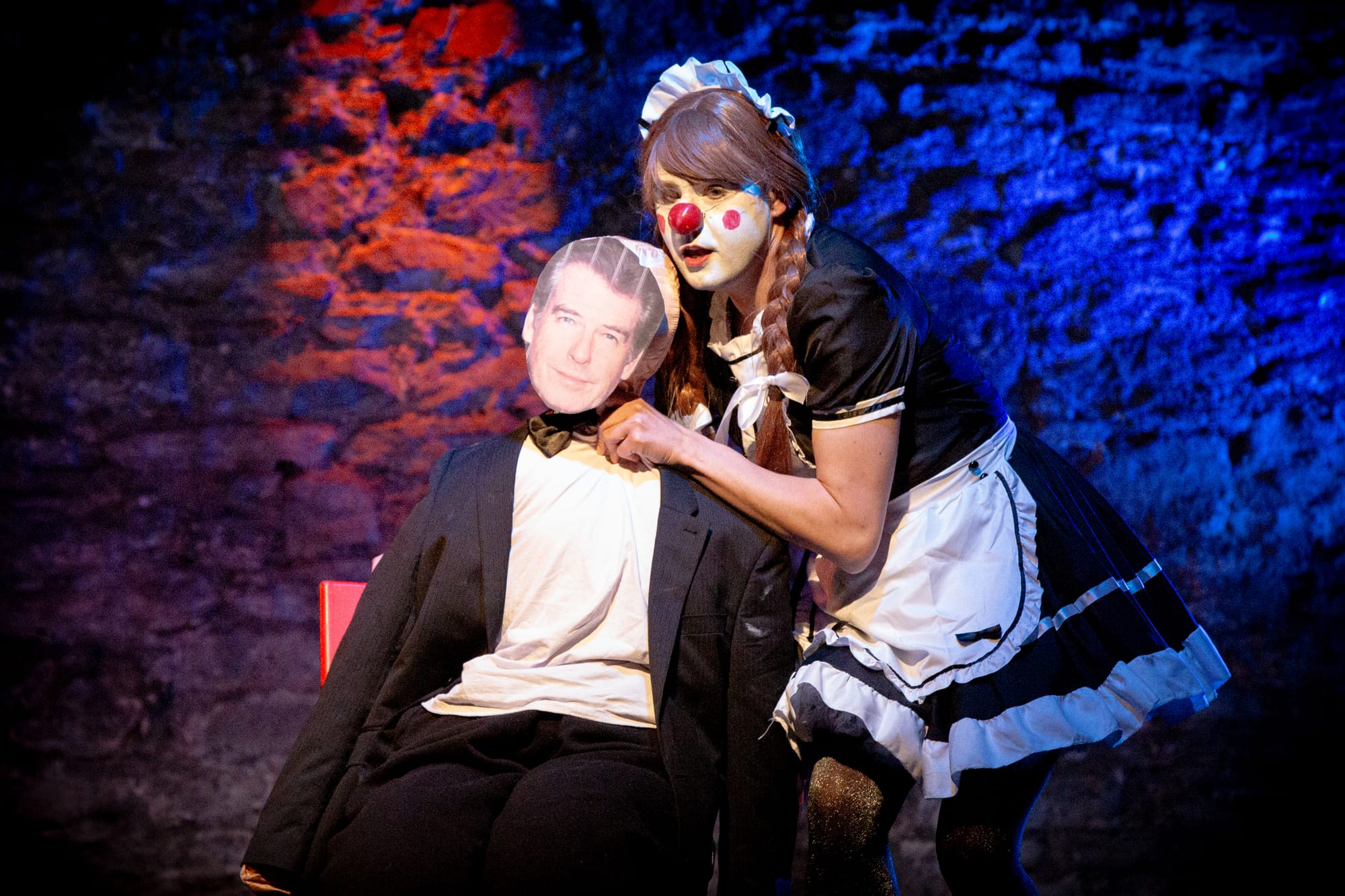
Discussion